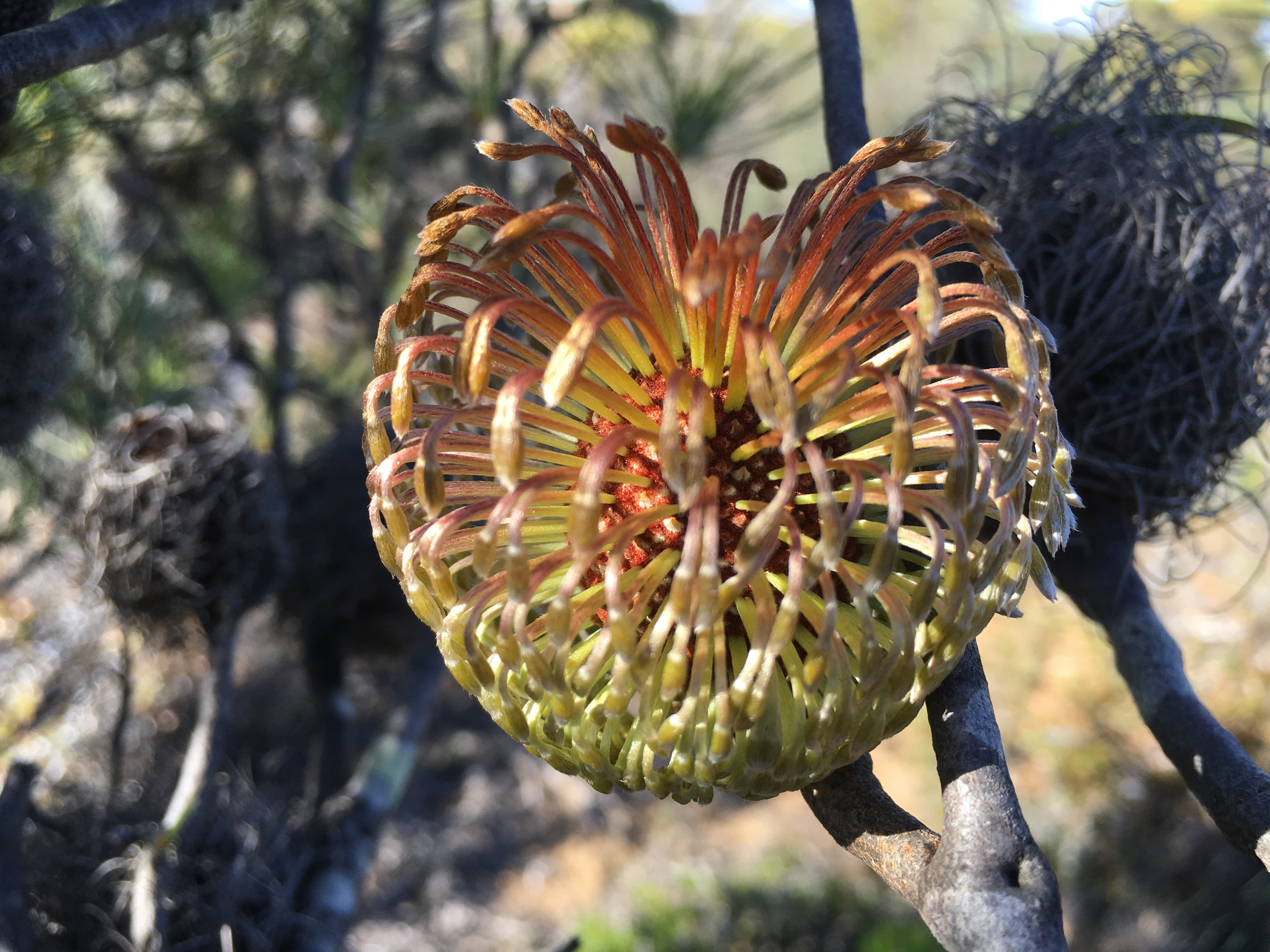Work has started on this intriguing project with the planting of 100 desert limes (Citrus glauca) at the trial site in Beverley. The trees have been planted into raised mounds, as the soil is a lot heavier than the limes generally prefer.
While desert limes originate in semi arid and arid areas of New South Wales, Queensland and South Australia, the commercial development of the species has seen desert limes grafted onto citrus stock to increase their productivity and reduce the time to fruiting (which can take 10 years for plants grown from seed) which has changed their water use requirements.
The trial has therefore been designed to find the lowest level of irrigation that these trees require to successfully fruit in the Wheatbelt environment, where irrigation water may often be limited.
As well as desert limes, the trial is aiming to look at a number of other bush food species and their suitability for production in Wheatbelt farming systems.
Quandong (Santalum acuminatum) and Sandalwood (Santalum spicatum) will be planted for their nutritious seed, while the host species of Acacia acuminata are also planned to have their seed harvested for the wattle seed market.
Bush tomato (Solanum centrale) are planned to be included, however they are proving to be difficult to propagate and are yet to planted.


